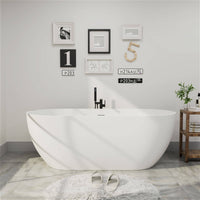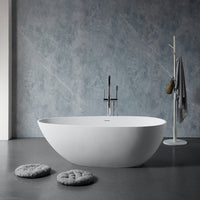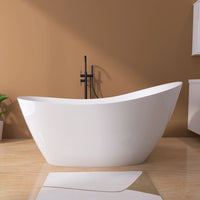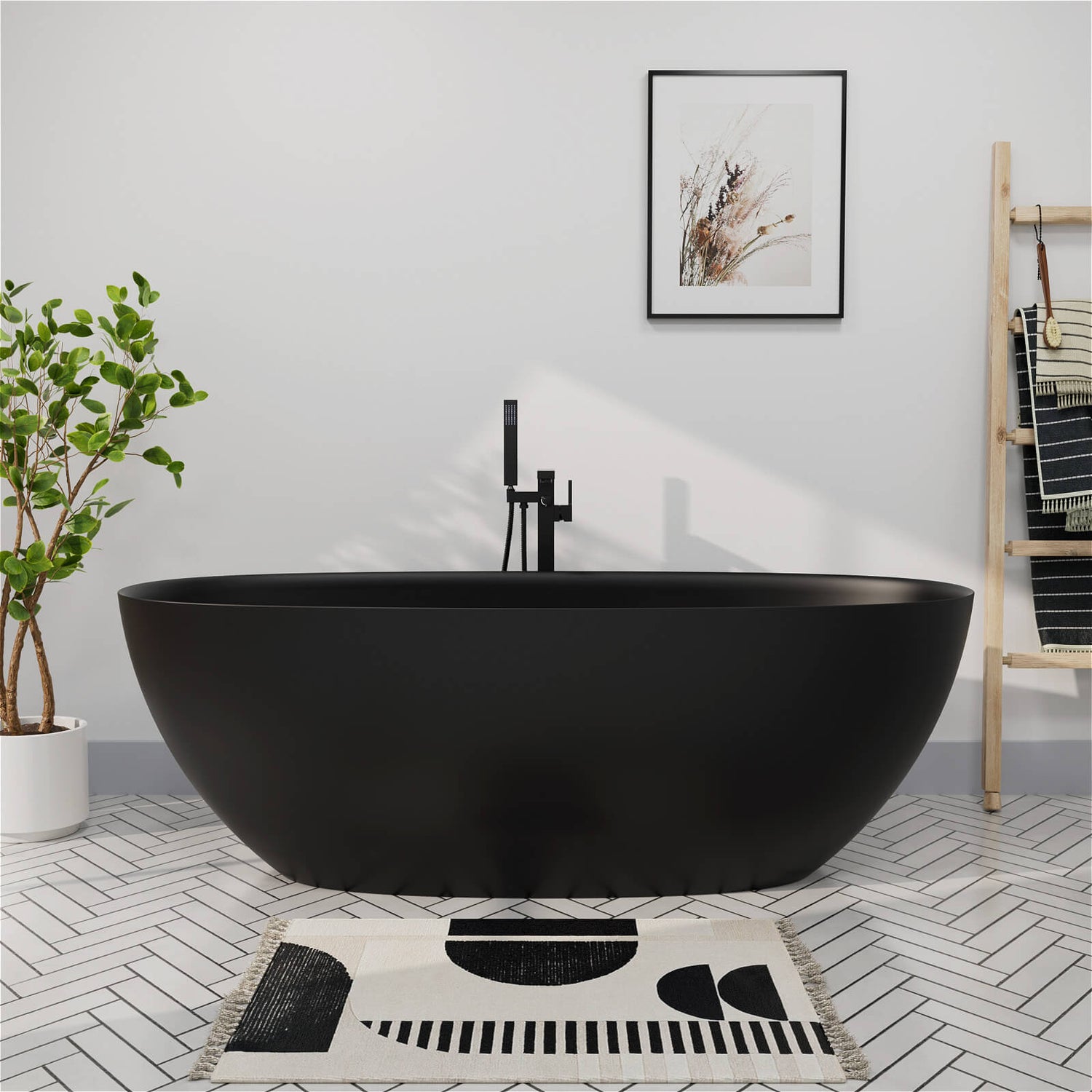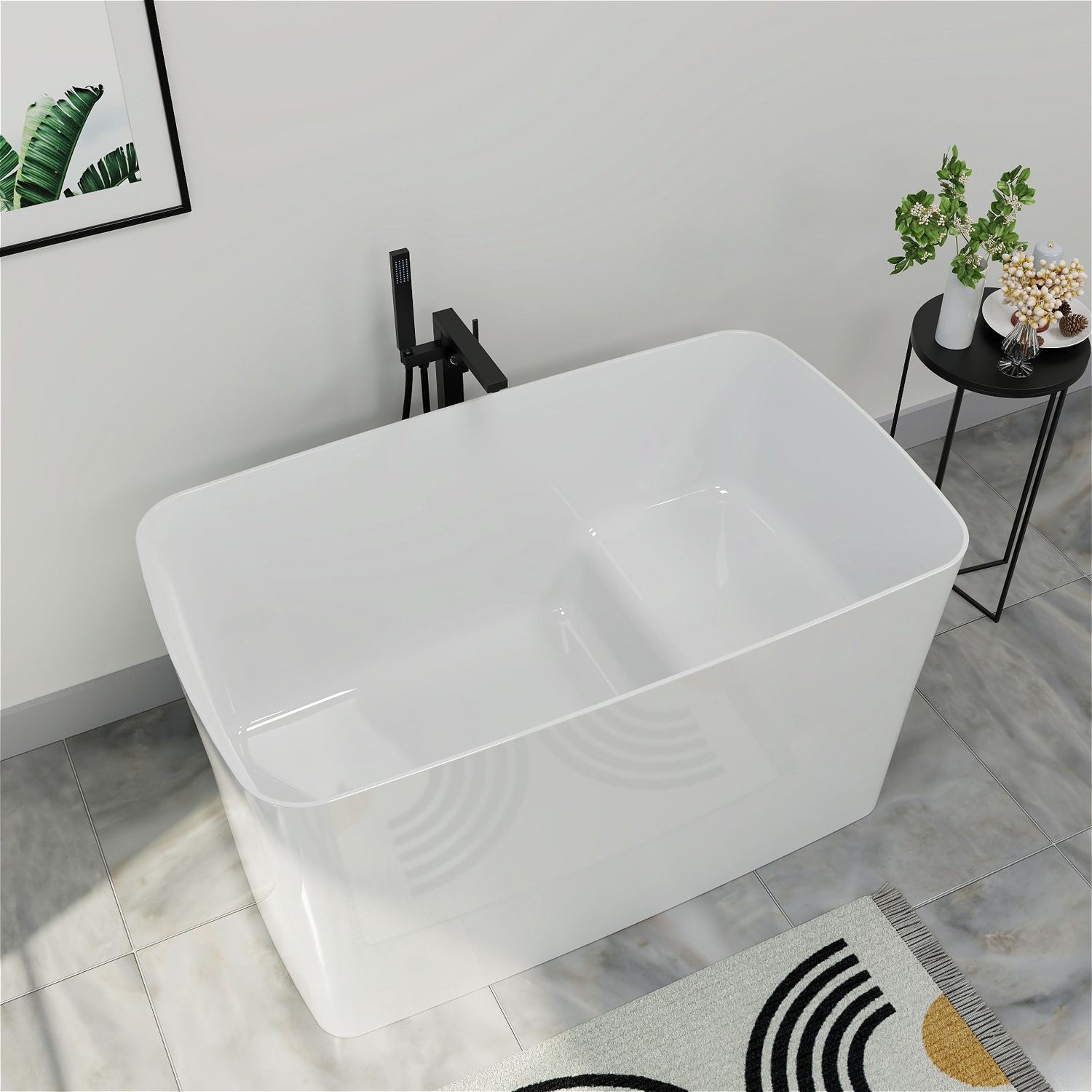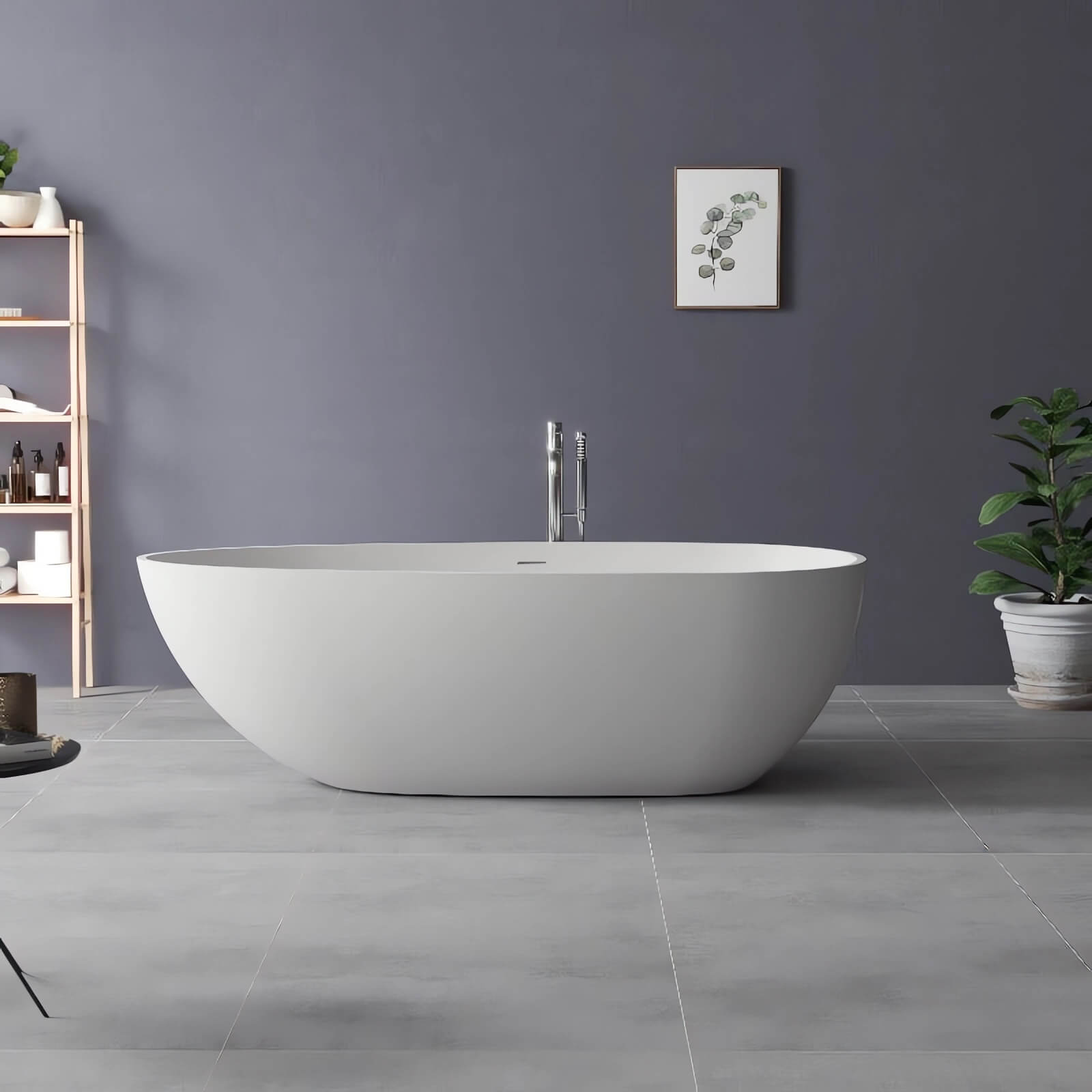
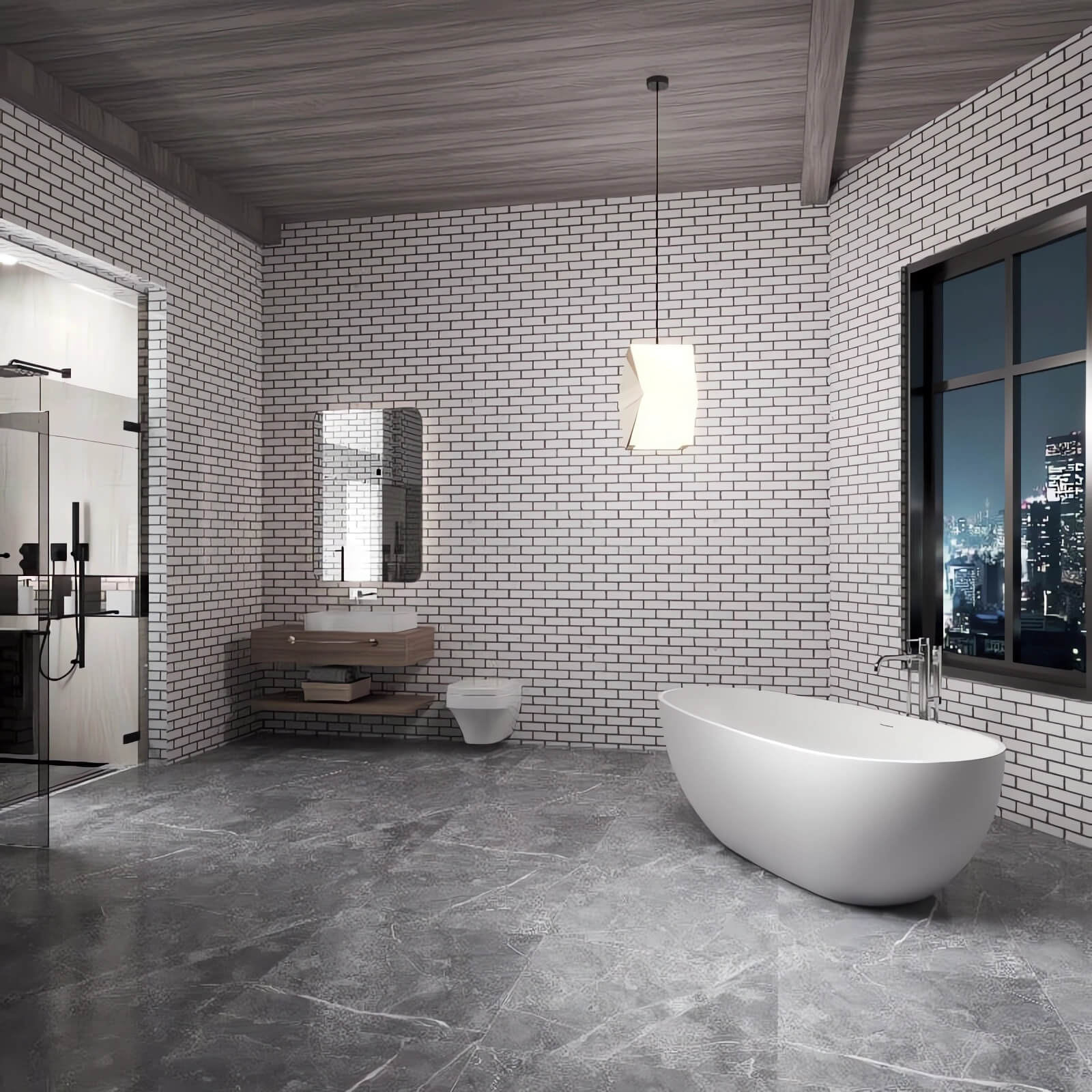
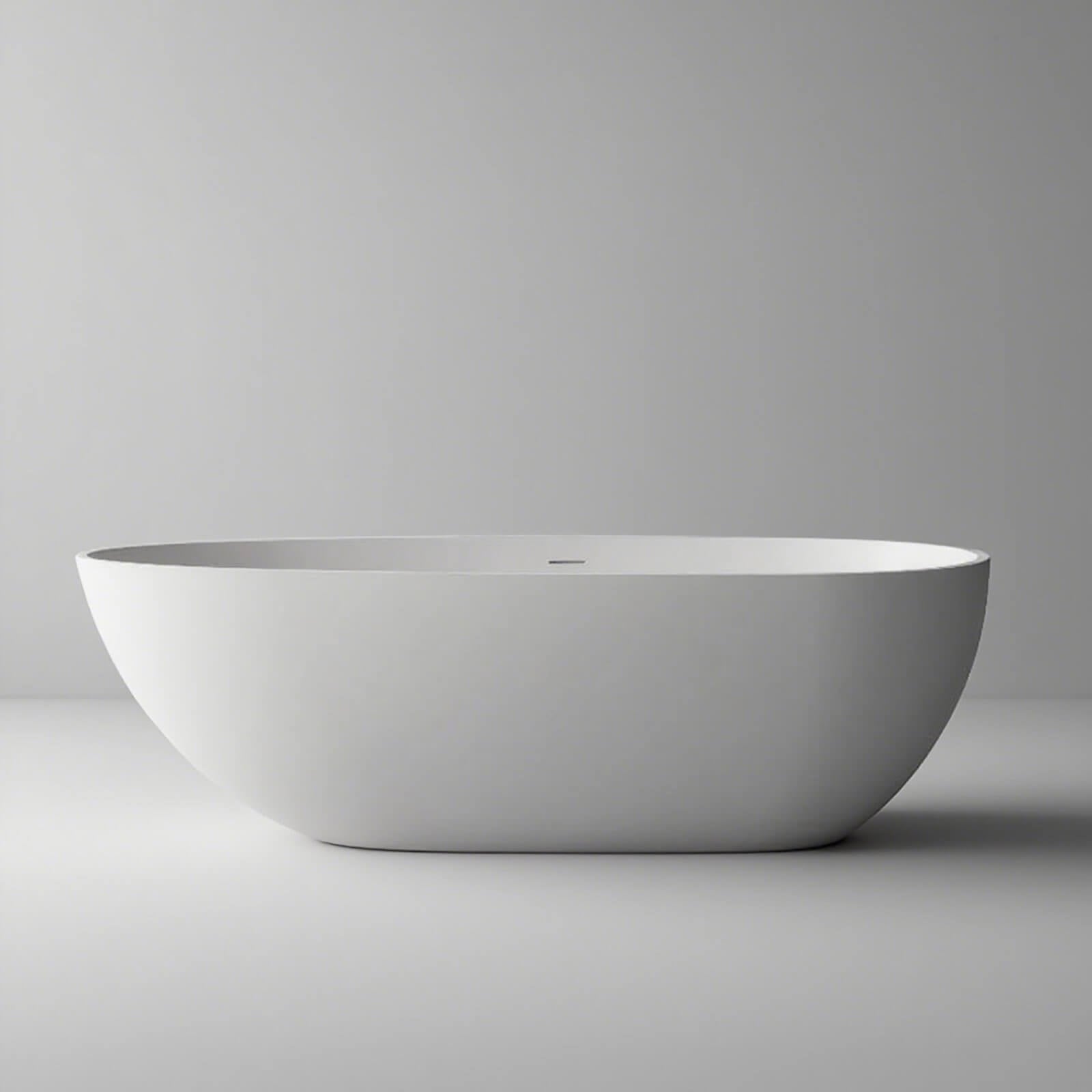
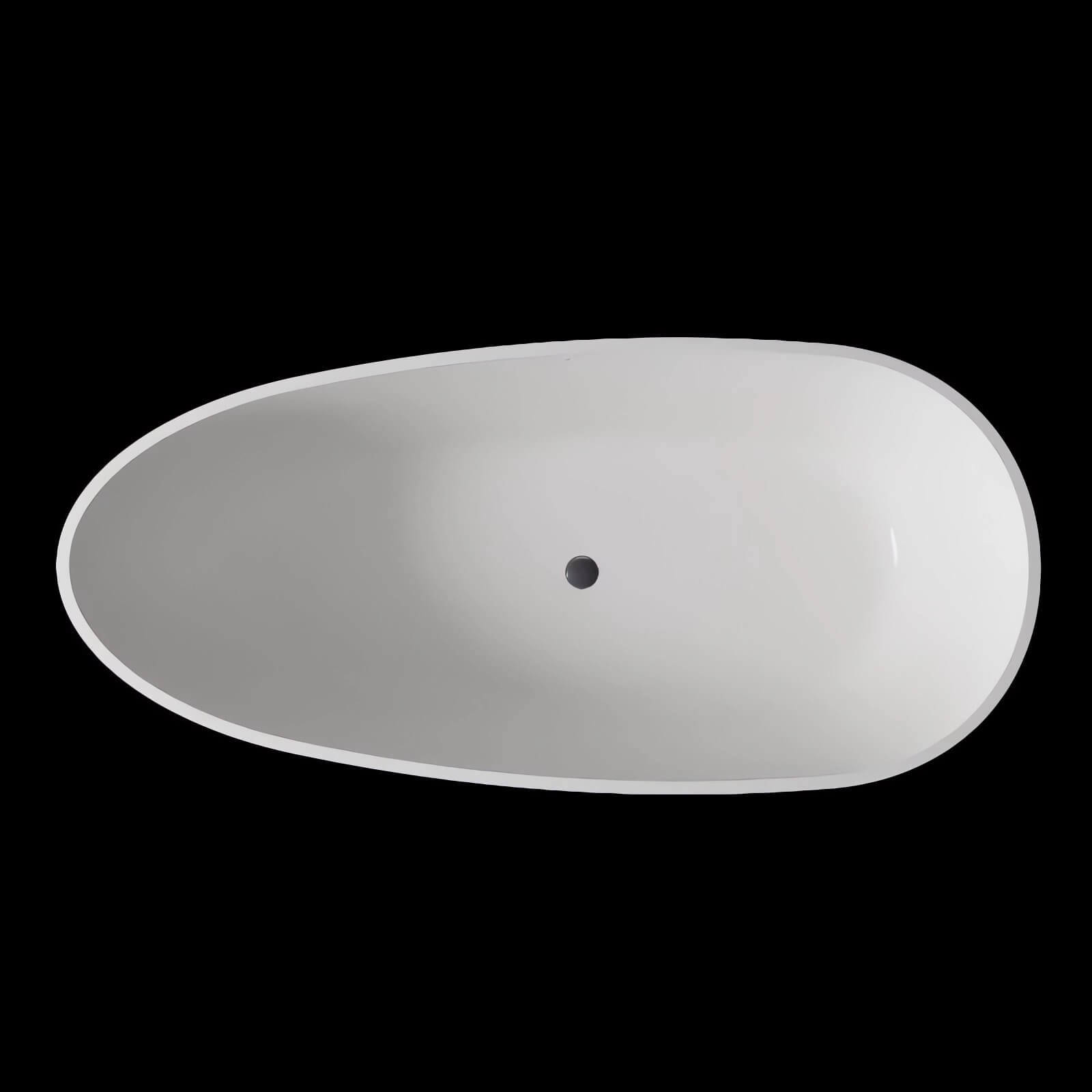
Discontinuation Notice
Due to the inherent fragility of ceramic material, especially its tendency to chip or crack upon impact during long-term use, we have decided to cease production of this model. If you are currently shopping for a bathtub, we invite you to explore our other collections for more durable and versatile options.
FAQs About Ceramic Tub
Are Ceramic Bathtubs Durable?
Yes, especially against oxidation and chemical corrosion. However, they are more brittle than other materials and can chip if hit hard.
Is a Ceramic Bathtub Easy to Clean?
Yes. Its smooth, glazed surface only needs a quick wipe with a damp cloth and mild cleaner to stay spotless.
Will a Ceramic Tub Crack Under Heat?
No. Ceramic has excellent thermal stability. It can handle sudden changes in temperature without warping or cracking.
Is Ceramic Safer or Healthier Than Acrylic?
Most modern bathtubs—whether ceramic, acrylic, solid surface, or cast iron—are made to be safe and non-toxic.
Can I Place a Ceramic Freestanding Tub Anywhere in the Bathroom?
Yes, freestanding ceramic tubs offer flexible placement options, as long as plumbing is accessible and the floor is structurally capable of supporting the weight.
Do Ceramic Bathtubs Retain Heat Well?
Yes. However, compared to acrylic tubs, their heat retention may be slightly less efficient. For a detailed comparison, check out our guide on Acrylic vs. Ceramic Bathtubs.
Why Are Ceramic Bathtubs So Rare?
Because they’re heavy, fragile to transport, and expensive to produce. However, for those seeking true elegance and durability, ceramic tubs are a unique and worthwhile choice.
Is Ceramic the Same as Porcelain?
Porcelain is usually a coating on cast iron or steel tubs, while ceramic bathtubs are typically solid-formed.
Related Searches
Guarantees
-
Get 10% off
First Order Offer
-
Chat With Us
Email+Chat+Phone Support
-
30 Days Return
Returns within 30 days of delivery
-
Securety Payments
Pay With Credit/Debit Card





